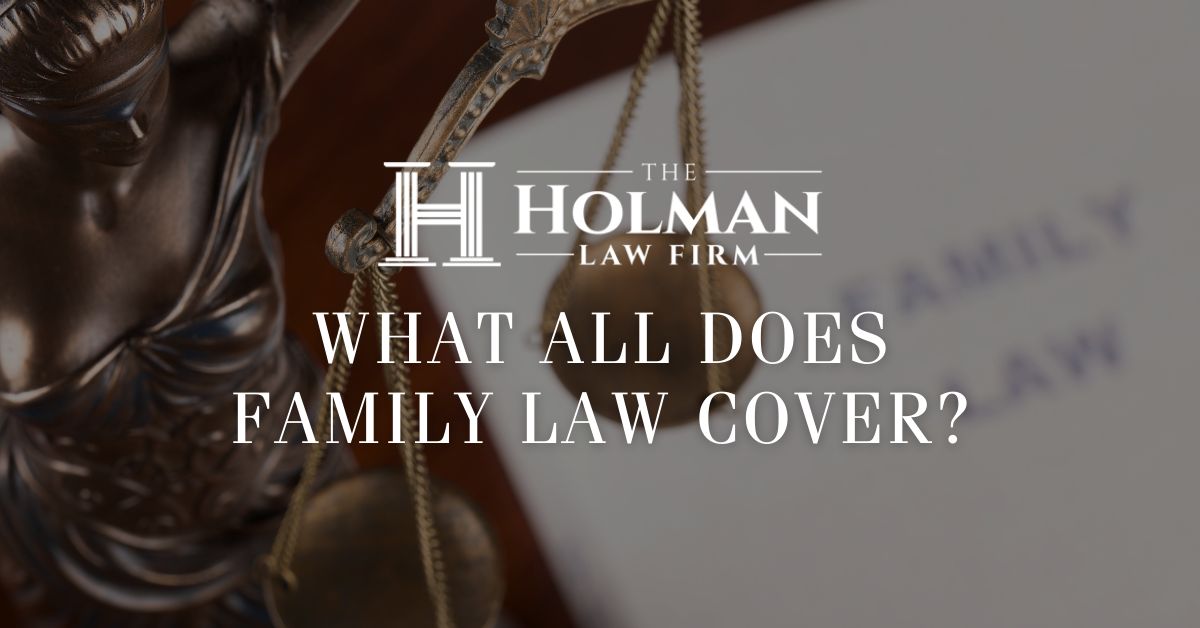Family law is complicated. It covers everything from adoption and marriage to divorce and child custody. In this post, we’ll cover the basics of family law so that you can get a good idea of what it all entails.
Child abuse and neglect
Child abuse and neglect are serious issues that should be taken seriously by all parties involved. Child abuse can be physical, emotional or sexual in nature. It can also occur as a single incident or a pattern of behavior. In some cases, the child may not realize they have been abused until they become older and look back on their childhood with shame and regret.
Child abuse is often intentionally inflicted by an adult on a child (or another person). However, it may also be unintentional due to neglect from the parent(s) when children do not receive adequate food or shelter at home or adequate supervision from adults who are supposed to care for them during times when there is no one else around, such as, after school hours at home, during weekends etc..
Child abduction
Child abduction is a serious offense that cuts across all cultures and countries. It’s defined as the unlawful removal of a minor by one parent or guardian, with the intent to keep the child away from his or her lawful custodian. This can occur within one state or between two different countries, but it needs to be noted that there are many legal remedies available even if your child has been taken overseas.
Child abduction doesn’t just apply to children who are taken out of this country—it also applies when they’re moved from state to state by someone other than their parents, stepparents or legal guardians (such as grandparents).
If your child has been abducted by another person, you have every right to seek legal help from an attorney at once. You don’t have to wait until your child reaches adulthood; in fact, some states have laws stating that any time after birth is considered “minor.”
Child custody and visitation
In family law, child custody is the legal decision on where a child will live and with whom. This can include sole custody or joint custody.
Visitation refers to how much time a parent gets to spend with their children. Visitation may be supervised or unsupervised, and it’s up to both parents and the court to decide who gets what kind of visitation rights.
Child custody and visitation can be combined into one term called parenting time: it includes both decisions about where a child lives as well as how much access each parent has to them at different times (for example, every other weekend).
Child support
Child support is a monthly payment made by a parent to help cover the cost of raising a child. The non-custodial parent pays the amount, which can vary in size depending on factors like income and the number of children.
Child support is paid to the parent who is the custodial parent. It’s also meant to contribute toward food, shelter and clothing for your child(ren) as well as any other expense that may arise during their upbringing.
Emancipation of minors
Emancipation of minors is one area of family law that can be confusing. A minor is a person who has not yet turned 18 years old. Minors are not considered adults until they turn 18 years old, and they do not have the same rights as adults when it comes to property ownership or contract signing. So how does emancipation work?
Emancipation occurs when a minor legally becomes an adult by terminating their parents’ rights over them. This means that parents no longer have any control over their child’s life at all; instead, the child takes control of his/her own life—including making decisions about money and housing, getting married or divorced, etc.
Paternity testing/father’s rights
In the United States, paternity testing is important for fathers and their children. Paternity cases cover a wide range of issues from child support to visitation rights. If you have questions about paternity issues or if you need help with your case, call our office today at 850-435-6909. We’re ready to answer your questions and help you resolve any issues that may arise.
Prenuptial agreements and postnuptial agreements
Prenuptial agreements, sometimes called premarital or antenuptial agreements, are contracts between two people who intend to get married. These contracts usually deal with property and debt division (you can specify how your property will be divided if you divorce), spousal maintenance or alimony (if one spouse pays support to the other after a divorce) and the custody of children and child support. Prenuptial agreements are not enforceable in all states.
Postnuptial agreements are similar in nature to a prenuptial agreement but instead of being signed before getting married, it is signed after getting married. Like prenuptial, postnups can deal with property division and spousal maintenance or alimony (if one spouse pays support to another after a divorce). The only difference between postnups and prenups is that postnups must be signed before any matrimonial litigation has begun; otherwise, they do not have any effect on the outcome of any litigation that could arise later down the road
Family law is complicated and it covers a lot of legal procedures. If you have questions or if you find yourself in need of a lawyer to handle your family law, contact us at Holman Law Firm today at 850-435-6909 and let us evaluate your case.
Services We Offer:
Family Law | Child Custody | Divorce | Personal Injury | Auto Accidents



